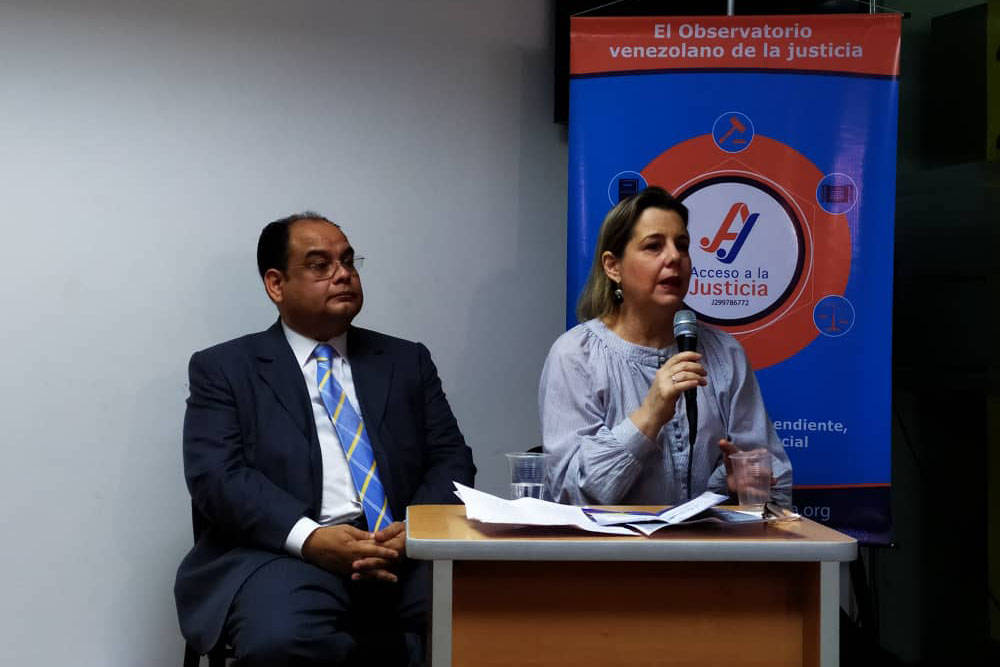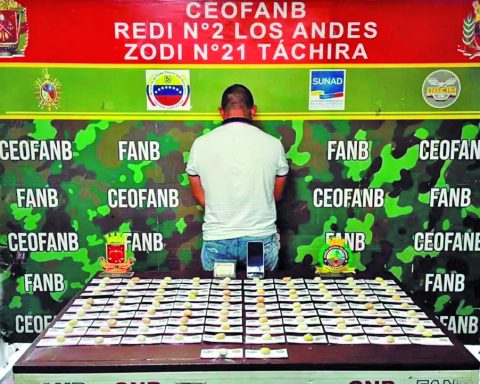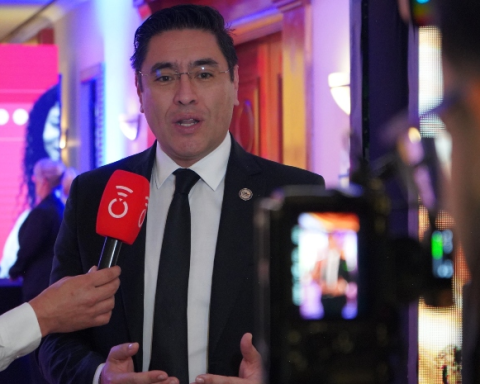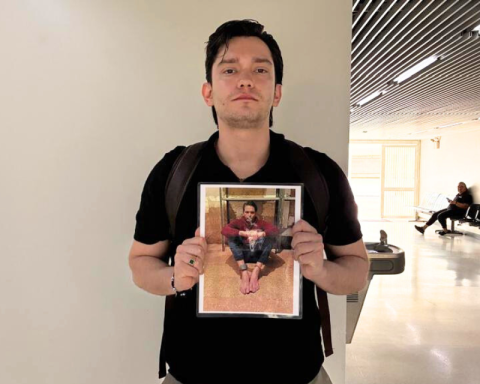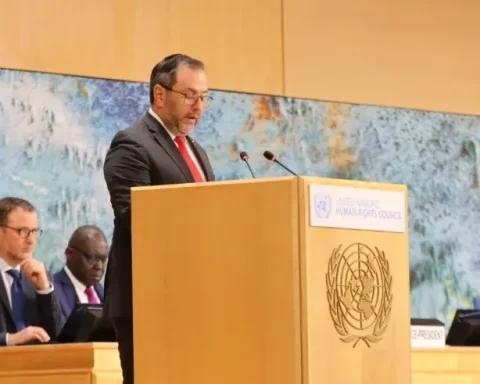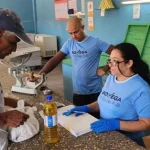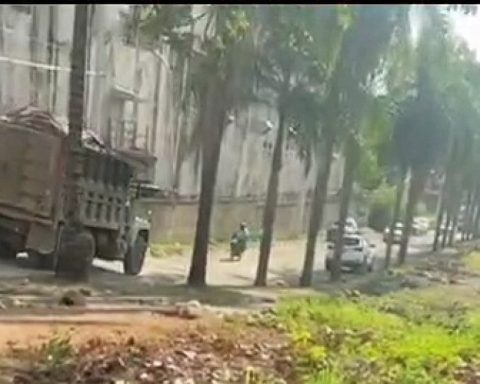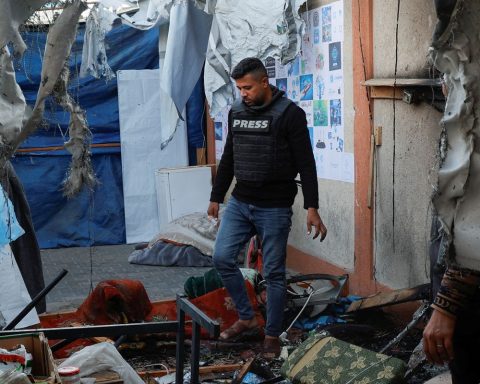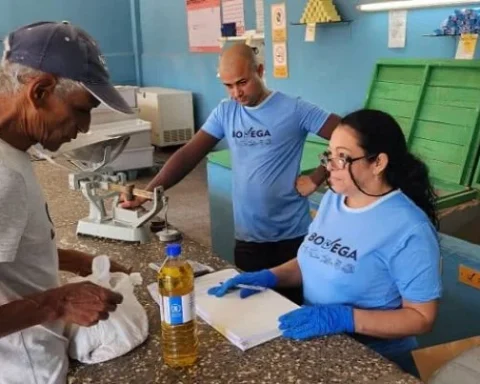Acceso a la Justicia pointed out that the arrest of the peasants Ysnet Antonio Rodríguez Mambel and Jhonar Barazarte Trompetero, apprehended in Los Andes after throwing their crops into the river, evidence that in Venezuela exercising the right to protest has a high cost. Although They were released in full by the judges who heard their cases, “they should never have been apprehended”
Acceso a la Justicia pointed out that the arrest of the peasants Ysnet Antonio Rodríguez Mambel and Jhonar Barazarte Trompetero, apprehended in Los Andes between June 18 and 20, after they disseminated videos on social networks in which they were seen throwing the rivers part of their tomato and carrot crops in rejection of the shortage of gasoline that prevented them from transporting, evidence that in Venezuela exercising the right to protest has a high cost.
Access to Justice indicated that although Rodríguez Mambe and Barazarte were released in full by the judges who heard their cases, which means that the courts did not consider that they had committed a crime, they should never have been apprehended.
“The case of the Andean peasants reveals several things: on the one hand, that the exercise of the right to protest in Venezuela continues to have a high cost for citizens, on the other, that the authorities’ tolerance of critical voices continues to be as low as ever. It also shows that there is no separation of powers in Venezuela when a deputy of the 2020 National Assembly (Iris Valera) spoke about it and gave orders to the Judiciary on what to do in this case from the government party to which she belongs,” he said. the NGO in a press release this Thursday, June 29.
«A reading of article 55 of the Organic Law of Fair Prices makes it clear that the actions of the peasants did not prevent «the production, manufacture, import, collection, transport, distribution and commercialization of food». How can you talk about a boycott if it is impossible to transport the harvest?” the organization said.
He also pointed out that citizens have the right to demonstrate peacefully and without weapons, with no other requirements than those established by law. “Despite the fact that this is established in article 68 of the Constitution, Venezuelans who put it into practice risk ending up behind bars, being subjected to judicial processes and being stigmatized by the authorities.”
At the same time, the NGO drew attention to the fact that the case of the detained peasants shows that Venezuela, the world’s largest oil reserve, is not capable of supplying its energy needs.
Last April, the country’s oil production during the first quarter of the year averaged 731,000 barrels per day (bpd), revealed a report by the Organization of the Petroleum Exporting Countries (OPEC), published in April. Although the data represents an increase of 5% compared to the last months of last year, just a decade ago the country’s average production was around 2.5 million bpd,” said Acceso a la Justicia.
* Also read: PSUV deputies request trial and jail for all peasants who throw away their crops
Post Views: 186
